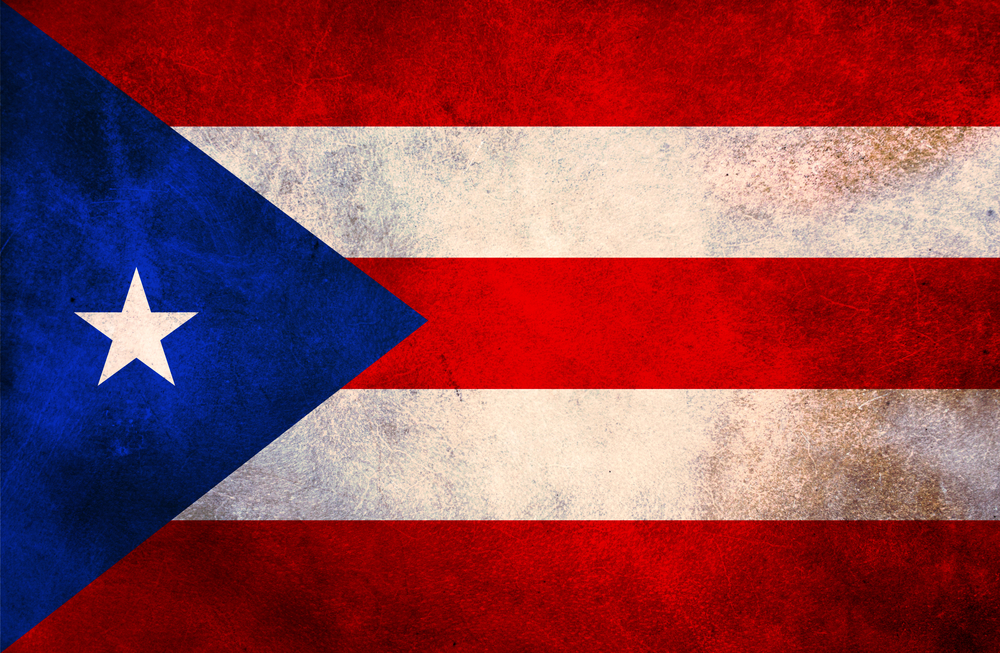Recently, Puerto Rico was hit by a devastating hurricane. The natural disaster crippled the island’s infrastructure, and relief efforts have not been able to respond quickly enough. Even weeks on from the actual storm, many are still without potable water, homes, and electricity. Entrepreneur and visionary Elon Musk recently floated the idea of helping the US territory get back on its feet by revamping the island’s power grid.
Musk and Puerto Rico
“Let’s talk.” That was Puerto Rico Governor Ricardo Rossello’s response after Musk publicly stated that Tesla, his company, could possibly help Puerto Rico recover by helping rebuild its electrical infrastructure. If the two work out some sort of deal, this would be huge for Puerto Rico and a great opportunity for Tesla.
Not only would the beleaguered island recover more quickly, but it also might leapfrog many US states in becoming more reliant on renewable energy. In his tweets, Musk suggested that Tesla’s solar and battery systems could be scaled to better fit Puerto Rico’s needs. His comment that there “is no scalability limit” means that the likelihood of a real impact is huge.
Less reliance on non-renewable resources for power will improve the quality of life for Puerto Ricans, and may also end up being cheaper in the long run. Solar and wind power is becoming increasingly cheaper overall, and cheaper access to clean resources will undoubtedly benefit all of the island. This could potentially also bring in sorely-needed jobs, as solar panels and batteries do not install or maintain themselves.
What About Another Storm?
While this all sounds great, there is one thing that weighs on my mind: what if another storm happens? As 2017 has shown us, the world’s climate is bringing increasingly worse and frequent catastrophic weather events. Puerto Rico is unfortunately very prone to the kind of storm that so recently decimated it. Therefore, my worry is that the island will invest in Tesla’s new infrastructure only to have it destroyed by the next hurricane that comes along.
I am unable to know how weather-resilient Tesla’s equipment is, but after seeing the destruction wrought by Hurricane Maria, I do not know if anything would withstand that. I could be wrong, though, and I do hope I am. Otherwise, there seems little hope for providing Puerto Rico with long-term, renewable sustainability. I suppose the argument that this equipment may get destroyed is unproductive because any infrastructure could be destroyed given sufficient force.
Regardless, the installation of a renewable energy power grid may be the silver lining in this tragedy for Puerto Rico. When we survive disaster and destruction, we have to rebuild. This provides ample opportunity to improve the system that was just torn down.
We hope for Puerto Rico’s expedited relief.

